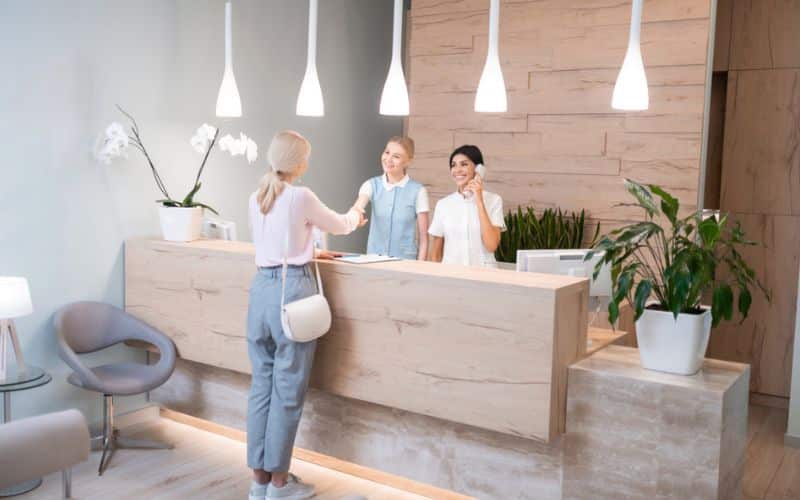As kids grow up and reach their teen years, the balance between guiding their health care needs and encouraging independence shifts. This includes taking responsibility for their own dental appointments.
In Australia, a minor is allowed to give their own consent for simple healthcare treatments from the age of 14. This means they can visit the dentist without being accompanied by their parents or guardians.
1. Make an Appointment
During the teen years, kids tend to get a lot more assertive about their independence. This is a normal and natural stage of development. In many cases, kids will try to go to the dentist without their parents.
However, it’s not recommended that teens go to the dentist alone until they are adults and emancipated. Even then, a parent or legal guardian should accompany their child to their appointments until they are at least 18.
If a minor has a valid My Health Record (Australia), which is a secure and personally controlled online summary of their medical records, they can have an appointment without their parents present. However, it is still important that they tell their doctor about any medications or allergies they may have.
Also, a parent or guardian should be on hand to sign consent forms if the minor is having restorative work done at their dentist office. In addition, if the dentist discovers any form of abuse in regards to their minor patient, they are legally required to report this information to their state department of family services.
3. Prepare Yourself

At this age, kids are likely to start asserting their independence more than ever before. They may argue that they can handle their dental appointments without you and don’t need your help or input.
It’s important that your child knows what to expect from their visit and has the tools to navigate it alone. Providing them with all of this information can make them feel confident and prepared to walk into their appointment feeling responsible and mature.
Teens can use self-care to manage their stress and anxiety. This includes getting enough sleep and using calming techniques like deep breathing. It’s also a good idea to monitor their social media and apps to ensure they aren’t exposed to pornography or harmful content online that could be emotionally distressing.
Your teen might also want to connect with the dentist’s office to get a preview of their appointment before they go. This will give them an opportunity to ask questions and build trust with the dentist. This will ease their anxieties about the visit and make them more confident that they’re capable of handling it themselves.
4. Bring a Friend
As kids enter their teens, they’ll want more independence and responsibility. This includes being able to manage their own dental checkups without parents present.
It’s a good idea for them to choose a dentist they know and feel comfortable with, particularly if they plan on staying at the same school or area. This helps them establish a strong relationship with their dentist, which will be an asset as they start to move on to adulthood.
Having a friend with them in the waiting room may help reduce anxiety, as they can comfort each other while they wait. They can also sit with them in the chair during treatment and calm their nerves. It’s a great idea to bring earbuds and listen to music or a podcast to keep them distracted during the procedure.
Try some simple relaxation techniques like deep breathing to calm their nerves. You can find many different relaxation apps online, such as white noise and meditation soundtracks that can be used at home or at the dentist’s office. The dentist may even offer nitrous oxide or oral sedation for a more involved appointment, which will require someone to drive them home afterwards.
5. Be Prepared

As kids move into the teenage years, they’re often ready to start asserting their independence. This can include requesting to visit the dentist alone. It’s important to strike a balance between guiding your child’s health care needs and encouraging them to be more independent as they move into adulthood.
Even though children are legally allowed to be left alone in a dental office for routine procedures such as cleanings, any restorative work requires the permission of a parent or legal guardian. This permission can be sent to the dentist via email or over the phone and documented in the minor’s patient chart.
Kids also have access to a personal online summary of their health information called My Health Record in Australia. This is where they can control how their health records are shared with doctors, hospitals and other health professionals. This is a great opportunity for teens to learn about how their health information is used and what rights they have to privacy. This can help them make informed decisions about their health care when they become adults.


